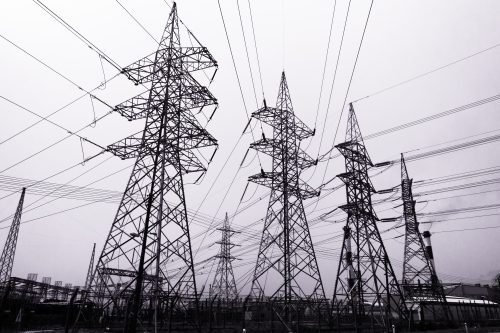
General Observations from SGDP workshops
The CPUC Staff and ALJ were very interested in the Clean Coalition’s feedback, and agreed that the plans need better consideration of the impact of DG.
Clean Coalition member Becky Davis attended the 4-day CPUC Smart Grid Deployment Plan Workshops in downtown San Francisco on January 30 through February 2. Here is her quick take on the events:
The California Public Utilities Commission (CPUC) Smart Grid Deployment Plan Workshops consisted of four days of presentations and discussions about how the investor owned utilities (IOUs) will transform California’s grid. The workshop was divided into three parts: Smart Customer, Smart Market, and Smart Utility. While the Smart Grid Deployment Plans were discussed, the workshops did not focus on specific details. Instead, they gave stakeholders and opportunity to provide general feedback to the IOUs and the CPUC staff on what the plans did well, and what was missing.
The first two days of the workshop, discussing the Smart Customer and Smart Market, were heavily focused on smart meters and customer-side programs and technologies like Home Area Networks and Demand Response.
It was surprising to find that the Clean Coalition was the only stakeholder at the meeting demonstrating the importance of Wholesale Distributed Generation (WDG), and the need to adopt smart grid solutions that support distributed generation (DG). From the Clean Coalition standpoint, the entire distributed generation market segment was missing from the “smart market” conversation.
It will be critical for the IOUs and the CPUC to make smart grid investments in monitoring, communications, and control equipment on the grid (MC2 for short), which will allow for the balancing of local generation and loads. Additionally, MC2 will lay the ground work for the next generation of interconnection reform, Interconnection 3.0, which would provide nearly instantaneous results to interconnection studies.
The CPUC Staff and Administrative Law Judge (ALJ) were very interested in the Clean Coalition’s feedback, and agreed that the plans need better consideration of the impact of DG. While it is likely that the commission will require the IOUs to revise the plans that were submitted, input from the workshops will affect Staff’s report on the plans (expected in March 2012), as well as the annual updates the IOUs are required to submit, the first of which will be due in October 2012.
